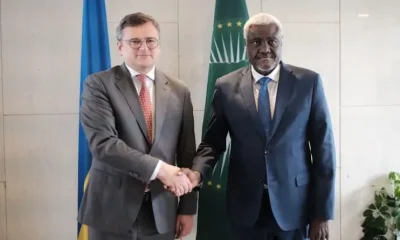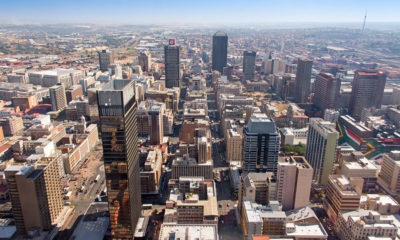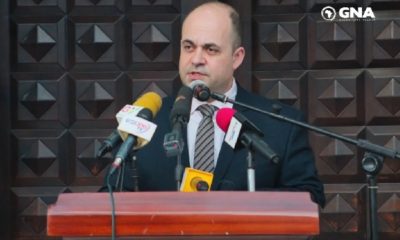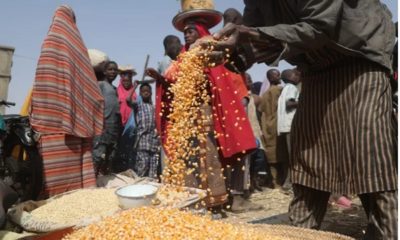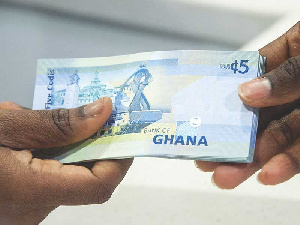News Africa
Morocco adopts new tact to dissuade Africa against Sahrawi

Moroccan Ambassador to Kenya Abderrazzak Laasel told The EastAfrican his country was no longer interested in forcing the hand of countries to abandon the Sahrawi Arab Democratic Republic (SADR). But he admitted the SADR existence as a separate entity impedes economic partnerships with those with ties with Morocco.
“In the past, we used to sever ties with anyone with relations with the SADR. Now we have abandoned it and we don’t want force. But we are working with our colleagues to grow relations that benefit our people,” he said in an interview on Tuesday.
“Our King, Mohamed VI, has made a decision that we only engage countries with a clear position on this issue,” he said in Nairobi on Tuesday.
The diplomat was speaking on the background of recent efforts to undercut recognition of the SADR which controls a portion of Western Sahara region but runs affairs from exile in Algeria led by the Polisario Front.
For years, the Polisario Front has claimed independence of the portion it controls even though Morocco insists the region is part of the territory.
When the African Union’s (AU) precursor organisation, the Organisation of African Unity (OAU), admitted the SADR as a member back in 1982, Morocco protested and quit the organisation. However, Rabat returned in 2017 to the African Union. It has been lobbying countries to cut ties with SADR.
“This was a big mistake by our neighbours to put Morocco in a tight position,” Mr Laasel said of the decision to admit SADR then at an OAU conference in Nairobi which Rabat says was lobbied by Algeria.
Kenya-Morocco cooperation
When Kenya’s new government came to power in September last year, it initially indicated it will end recognition of SADR and said it will close its mission in Nairobi. However, Nairobi rescinded the position, indicating it supports the AU and UN Security Council’s position to help end the dispute through dialogue. Kenya has since accepted credentials from SADR’s new envoy, Mr Ali Ami Mohamed Limam, who reported last month. But it has also decided to open an embassy in Rabat later this year.
“When Kenya’s new President William Ruto came to office, there was talk to strengthen cooperation. He knows the policy followed by Morocco is that we only cooperate with countries that have a clear position,” Abderrazzak said.
The Moroccan diplomat said their country’s cooperation was based on a south-south cooperation and they actively engaged on agro-industry and renewable energy.
Morocco donated fertilizer to Kenya as soon as the new government came to power and has pledged more engagements in agriculture.
With the AU having never expelled a member, however, Rabat has roped in political leaders who held former senior positions on the continent to lobbying for a stronger stance for Morocco’s unity that grants partial autonomy to Western Sahara, rather than total independence.
SADR expulsion endorsed
In January, these political leaders, mainly 19 former Prime Ministers and Ministers for Foreign affairs endorsed a document to expel SADR from the AU, arguing its independence goes against the continental bid to integrate. They signed on a “solemn appeal for the expulsion of the ‘so-called SADR’ from the African Union,” and adopted some White Paper arguing granting SADR independence risks dividing the African Union.
The leaders include former Kenyan foreign affairs minister Raphael Tuju, Gambia’s Lamine Kaba Badjo, former Djibouti prime minister Dileita Mohamed, former Central African Republic prime minister Martin Ziguélé , Eswatini former foreign minister Lutfo Dlamini, his former Liberian counterpart Gbehzohngar Milton Findley, Régis Immongault Tatagani of Gabon, Francis Kasaila (Malawi), Mankeur Ndiaye (Senegal) and Mamadi Touré (Guinea), Lesego Makgothi from Lesotho and Patrick Rajoelina from Madagascar.
The list also included former Bissau-Guinean prime minister Augusto António Artur da Silva, former Somali Foreign Minister Mohamed Abdirizak Mohamud, Alpha Barry of Burkina Faso, Jean-Marie Ehouzou of Benin, Fahmi Saïd Ibrahim El Maceli (Comoros), Luis Felipe Lopes Tavares of Cape Verde and Léonard She Okitundu Lundula from the Democratic Republic of Congo.
SADR non-qualification
The ‘Tangier Appeal’, as their declaration is known, is meant to argue that SADR is not a state and hence doesn’t qualify to be an AU member. They also argue that SADR administration was a mistake and should be rectified to pursue continental harmony. However, the AU says it supports self-determination of the Western Sahara people.
Initially a Spanish colony, it has since 1975 been claimed by Morocco in contention with the Polisario Front. After years of conflict, a peace process under the UN and OAU (now AU) created a Settlement Plan of 1991 which would culminate in a referendum that would enable the Sahrawi people to exercise their inalienable right to self-determination. Due to lack of consensus on who actually is an eligible ‘native’ voter, the referendum didn’t happen.
In 2018, the AU sitting in Mauritania, established an independent entity called Troika, to work with the UN Security Council as the exclusive institution to provide a credible and political solution to the Sahara dispute.
The diplomat argued the contested region had already been included in the Moroccan polity with sufficient local government, treating Western Sahara as part of its 12 administrative regions.
“For us, the problem is no longer there. The people are living their own lives and participating in Moroccan civic duties and have access to highest levels of political participation in the country. Countries are constantly requesting to open consulates there. There are now 22 from Africa.”
Source: theeastafrican.co.ke
-

 Lifestyle1 month ago
Lifestyle1 month agoRoad Safety Authority narrates how buttocks causes road accident
-
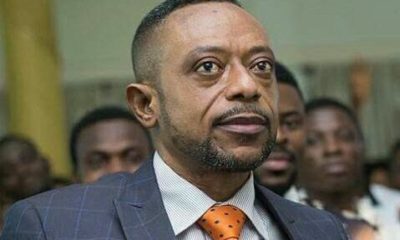
 GENERAL NEWS2 months ago
GENERAL NEWS2 months agoWhy 15 police officers stormed Owusu Bempah’s church – Kumchacha narrates
-
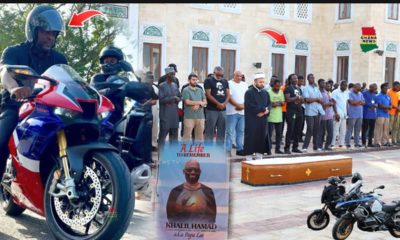
 GENERAL NEWS1 month ago
GENERAL NEWS1 month agoWatch how Ibrahim Mahama rode Honda superbike to pay last respects to late friend
-

 GENERAL NEWS2 months ago
GENERAL NEWS2 months agoHow Offinso residents storm destooled queen mother’s house, demand for new chief
-

 South Africa News2 months ago
South Africa News2 months agoWoman thrown out of a speeding taxi while on her way to work
-

 GENERAL NEWS3 weeks ago
GENERAL NEWS3 weeks agoDeadly clash between youth and navy personnel results in two deaths at Tema Manhean
-

 SHOWBIZ KONKONSAH4 weeks ago
SHOWBIZ KONKONSAH4 weeks agoJunior Pope’s Death: Video of John Dumelo refusing to join canoe for movie shoot over safety concerns resurfaces
-
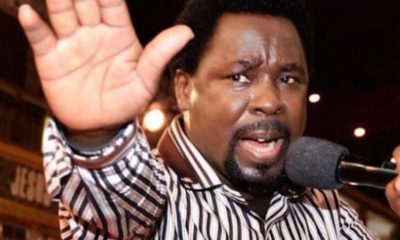
 News Africa2 months ago
News Africa2 months ago‘Satanically dubious’ – SCOAN releases statement on BBC’s report about TB Joshua, church



